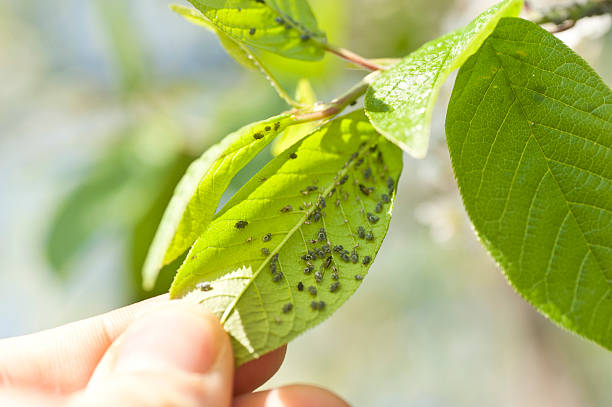The Intriguing World of Insect Farming and Its Implications for Pet Nutrition
Introduction: As a society, we are continually exploring new frontiers in pet nutrition. One emerging trend is the introduction of insects into our pets' diet. Let's delve into the fascinating world of insect farming and its potential impact on pet nutrition.

A Historical Overview of Insect Farming
Insect farming isn’t a new concept. For centuries, several cultures have practiced entomophagy, or the consumption of insects. It wasn’t until the late 20th century that the Western world began to recognize its potential benefits, specifically in the realm of pet nutrition.
The Current Scenario: Insect Farming and Pet Nutrition
Currently, insect farming is gaining traction as a sustainable way of producing high-quality animal feed. Insects like mealworms, crickets, and black soldier flies are being farmed for their nutritional value. Pets like reptiles, birds, and even dogs and cats can benefit from the introduction of insects into their diet, as they offer a rich source of protein, essential fatty acids, vitamins, and minerals.
The Economics of Insect Farming
The insect farming industry is projected to reach $8 billion by 2030. This growth is driven by the increasing demand for sustainable and nutritious pet food. Although the cost of insect-based pet food is currently higher than traditional options, prices are expected to decrease as the industry grows and becomes more efficient.
The Science Behind Insect-Based Pet Nutrition
Research supports the nutritional benefits of insects for pets. For instance, a study conducted in 2020 revealed that dogs fed on insect-based diets showed similar growth rates and health markers to those on conventional diets. Insects are not only rich in protein but also contain beneficial nutrients like B vitamins and iron.
The Future Prospects of Insect-Based Pet Nutrition
As the world becomes more environmentally conscious, the demand for sustainable pet food options will continue to rise. Insect farming presents a promising solution, reducing greenhouse gas emissions and requiring less water and land compared to traditional animal farming.
In conclusion, insect farming is more than just a trend; it’s a step towards a more sustainable future. As pet owners continue to prioritize their pets’ health and wellness, the demand for insect-based pet nutrition will only continue to grow. As this industry evolves, pet nutrition will undeniably be revolutionized, offering an intriguing blend of sustainability and health benefits.




